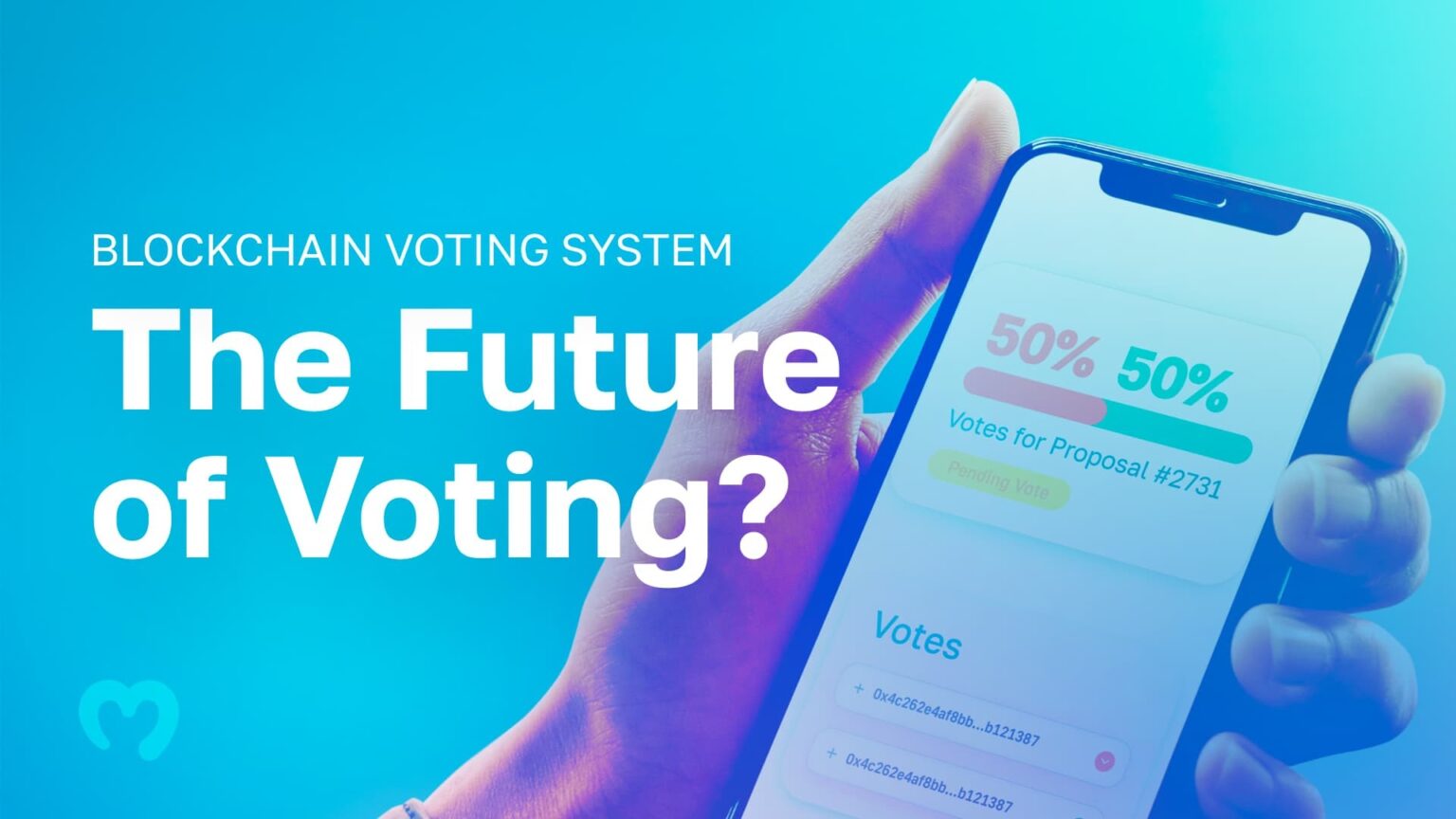The Future Of Blockchain In Voting And Governance
As we navigate the complexities of modern governance, it’s becoming increasingly apparent that traditional voting systems are due for an upgrade. With concerns about election security, voter disenfranchisement, and bureaucratic inefficiencies mounting, many are turning to blockchain technology as a potential solution. But what does the future of blockchain in voting and governance hold?

- The Blockchain Oracle Problem: Bridging The Gap Between Worlds
- Unlocking The Secrets Of The Digital Art Boom: A Beginner’s Journey Into NFTs
- Dodging The Fee Trap: Insider Tips To Slash Your Crypto Trading Costs
- How To Participate In Decentralized Governance With Crypto Tokens
- The Buzz On Blockchain’s Best-Kept Secret: Sidechains
Imagine casting your vote from the comfort of your own home, secure in the knowledge that your ballot is tamper-proof and anonymous. Or picture a transparent, real-time electoral process, where every vote is accounted for and tabulated in a matter of seconds. Sounds like science fiction? It’s not. Blockchain technology is already being tested and implemented in various forms of governance around the world, from local elections to national referendums.
One of the most significant advantages of blockchain-based voting systems is their inherent security. By utilizing a decentralized network of nodes and cryptographic encryption, votes are effectively locked away from tampering or manipulation. This safeguard not only ensures the integrity of the electoral process but also boosts voter confidence and turnout. In a world where cyber threats and electoral interference are increasingly prevalent, blockchain’s airtight security is a beacon of hope.
Another key benefit of blockchain-based governance is its capacity for transparency. With every vote recorded on an immutable ledger, electoral processes can be audited and verified in real-time. This not only streamlines the counting process but also creates an unprecedented level of accountability, eliminating the risk of vote-rigging or other forms of electoral malfeasance.
Beyond the realm of voting, blockchain is also poised to revolutionize the way governments interact with citizens. Smart contracts, self-executing cryptographic protocols, can automate routine bureaucratic tasks, freeing up resources for more pressing concerns. For instance, blockchain-based systems can securely and efficiently manage identity verification, property registration, and social benefit distribution – potentially lifting millions out of bureaucratic limbo and administrative red tape.
Yet, despite the promise of blockchain-based governance, there are also significant challenges on the horizon. Scrolling through the frenetic online debate around this topic, it’s clear that concerns about voter education, digital literacy, and equity cannot be ignored. As we rush headlong into a blockchain-based future, we must ensure that the most vulnerable members of our society are not left behind.
To mitigate this risk, many developers and policymakers are emphasizing the importance of accessible, user-friendly interfaces that cater to diverse demographics and technical proficiency. Simultaneously, there’s a pressing need for rigorous standards and regulations to govern the development and deployment of blockchain-based voting systems. By setting clear guidelines and security protocols, governments can safeguard the integrity of their electoral processes while empowering citizens to participate with confidence.
While we’re still in the relatively nascent stages of blockchain adoption in governance, the trajectory is undoubtedly upward. As innovators and policymakers continue to push the boundaries of what’s possible, we can anticipate a future where civic engagement is more participatory, inclusive, and direct. One where citizens, through blockchain-based governance, can hold leaders accountable and ensure that power is truly in their hands.
This vision may seem lofty, but, as the very fabric of our governance systems begin to shift, the possibilities unfold before our eyes. One thing is certain: as blockchain technology matures, we’ll be compelled to redefine the contours of civic expression, governance, and our relationship with the democratic process itself.
